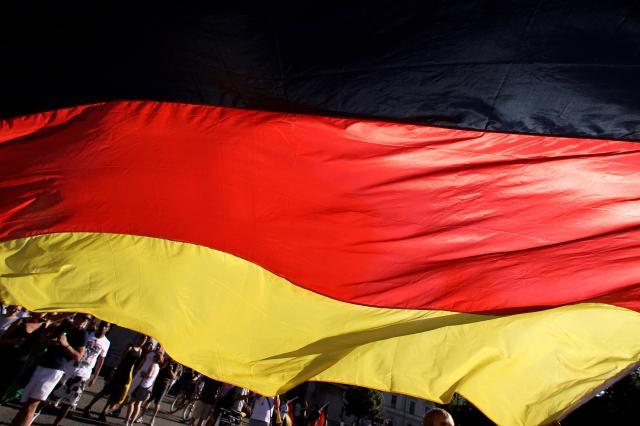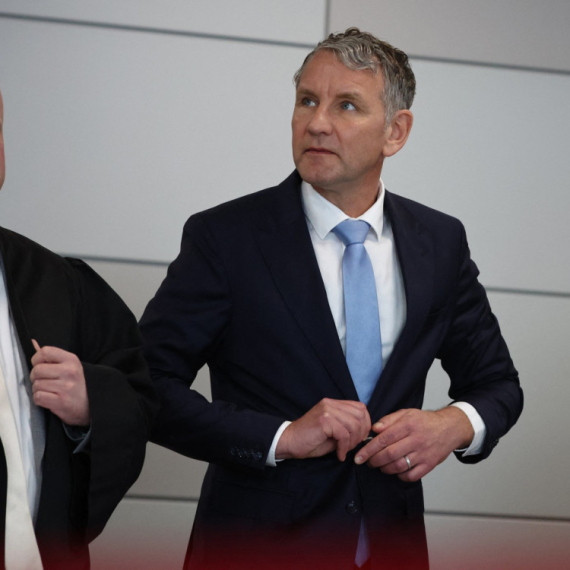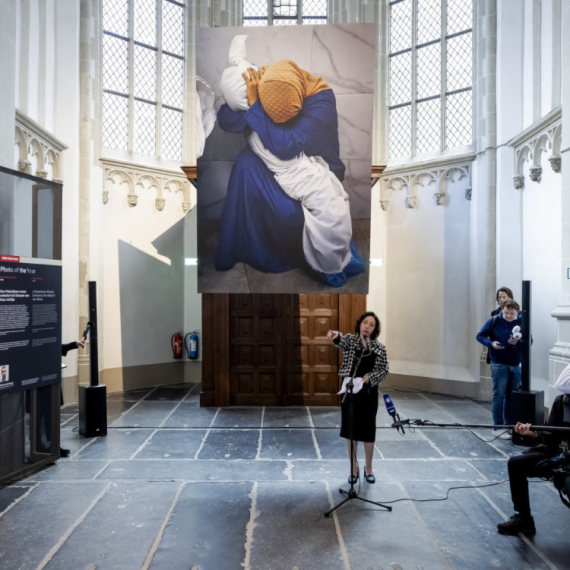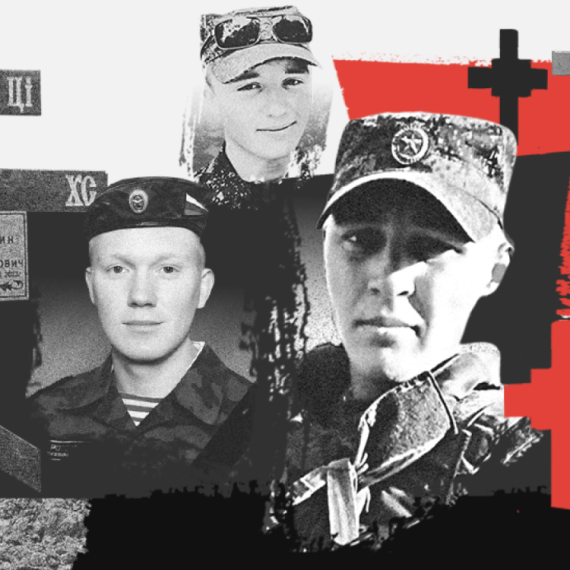Opposition party asks Berlin "31 questions about Serbia"
The German Left Party has posed 31 questions relating to Serbia to the government in Berlin, Germany's state-run broadcaster Deutsche Welle is reporting.
Wednesday, 04.05.2016.
13:45

Opposition party asks Berlin "31 questions about Serbia"
Among other things, the answers said that the position of the German government toward the issue of relations between Belgrade and Pristina is based on the negotiating framework which Serbia signed in January 2014, which requires "a comprehensive normalization of relations between Serbia and Kosovo in the form of a legal binding document" by the end of Serbia's accession negotiations with the EU. It is added that the negotiating framework does not require Serbia to recognize Kosovo.On the other hand, the party's Sevim Dagdelen sees the position of Brussels and Berlin as "effectively coercing" Serbia to recognize Kosovo if it wants to join the EU. It is a way to destabilize the Balkans, she told Deutsche Welle. The Left is the only German parliamentary party whose politicians oppose Kosovo's independence and NATO enlargement.
The Left was first interested in the way the position of Serbia is affected by the Individual Partnership Action Plan (IPAP), which Belgrade a year ago concluded with NATO. According to the German government, the IPAP does not say anything about the possible future membership of a country in NATO, nor does it conflict the proclaimed military neutrality of Serbia.
"As its goal in IPAP, Serbia defined the intention to, in line with its national interests, intensify cooperation with NATO and other Partership for Peace countries. Besides, a number of countries are devoted to neutrality but are at the same time maintaining partnership relations with NATO, for example Switzerland, Austria, Finland, Moldavia," the German Foreign Affairs said in its reply, sent on behalf of the government.
It is added that Germany's ruling CDU/CSU coalition agreement envisages "active encouragement" of Western Balkan countries to join the European Union and NATO, but that "the political will of Serbia will be decisive when it comes to the intensity and continued forms of relations with NATO." Berlin is also aware that the Serbian parliament in December 2007 decided that changing the country's policy of military would require a referendum.
"The constant attempts to soften Serbia's neutrality through binding it ever stronger to the Euro-Atlantic structures creates a new uncertainty in the Balkans," Dagdelen said in her interpretation. She is in charge of foreign affairs in her parliamentary club and a member of the Committee on Foreign Affairs of the German parliament. Dagdelen believes that Serbia is being forced to oppose Russia by moving closer to NATO, but that Serbia is also opposing its own citizens, a majority of whom reject membership in the Western military pact. She also told Deutsche Welle that security in Europe can only exist "with Russia, not against it."
Several of the questions posed by opposition MPs aimed to find out what the German government knows about the Serbian Army's military exercises with the Russian and Western armies. The answers are not spectacular - rather they are a summary of information that is already well known publicly. For example, they concern the Serbian-Russian Humanitarian Center in Nis, the military exercise Slavic Brotherhood, the flight training conducted by Serbian and Russian pilots - both exercises will be held once again this year. It is also stated that Serbian soldiers took part in three exercises organized by the U.S. army in southern Germany - Saber Junction (with 100 soldiers); Combined Resolve IV (100); and Allied Spirit II (30). However, the German government either did not know or was not willing to say what was the content and purpose of these military drills.
In its replies, the German government also stated that Serbia's EU orientation is not in conflict with Belgrade's cooperation with Moscow, even when it comes to military cooperation.
"On the other hand, Serbia as a candidate has taken on the obligation to, before joining the European Union, increasingly align its foreign and security policy with EU's common foreign and security policy."
Three of the Left Party's questions are dedicated to the Belgrade-based Belgrade Center for Euro-Atlantic Studies (CEAS) NGO - a brain trust that is publicly advocating Serbia's membership in NATO. The party asked about the financing of the organization by NATO's Public Diplomacy Division - noting also that this department had provided substantial assistance in order to increase the support for NATO in Ukraine from 13-15 to over 50 percent, over the course of several years.
Berlin replied that the NATO department in question has for several years sponsored one event organized by CEAS, and that the organization also receives funds from the European Commission and various foundations.
The Left also wanted to know about the Serbian Army's cooperation with the German Army (Bundeswehr). To this, Berlin replied with a detailed overview of courses and trainings that German military instructors provided for some Serbian officers, units, medical staff, accountants. All this has been taking place based on a defense sector cooperation agreement that Germany signed with the State Union of Serbia and Montenegro in April 2006.
"At the moment, according to Serbian wishes, consultations are ongoing to replace that agreement with a similar intergovernmental agreement between the Federal Republic of Germany and the Republic of Serbia," said the German government.
Deutsche Welle added that one of the questions was dedicated to "the U.S. Air Force air strike on a position of the so-called Islamic State in Libya (on February 19) when two Serbian diplomats who were previously kidnapped are believed to have been killed." The government said it had no particular intelligence or other information about it, and that Berlin "does not known whether Serbian citizens were killed in the attack."








































Komentari 1
Pogledaj komentare